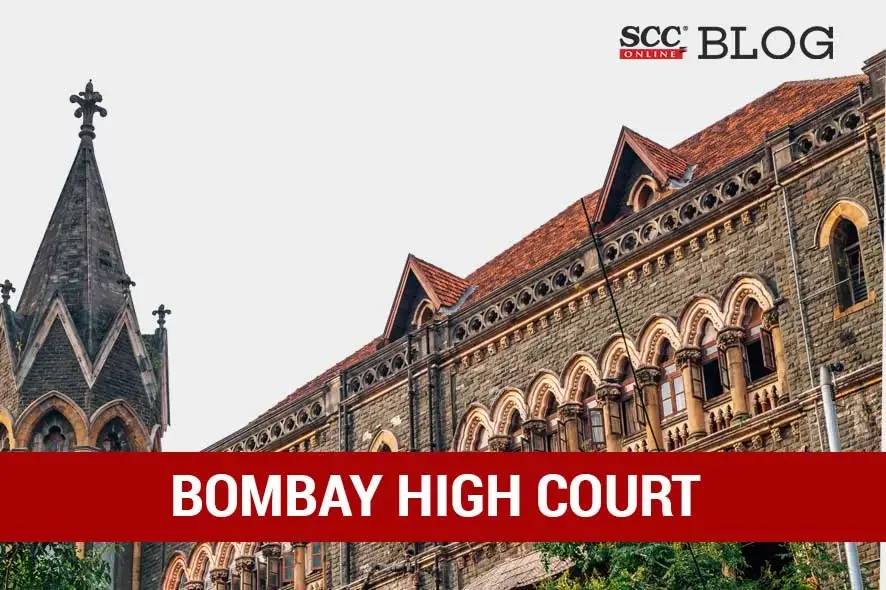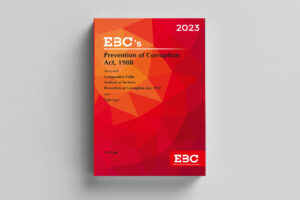Bombay High Court: In a revision application under Section 397 of Criminal Procedure Code, 1973 (‘CrPC’) challenging order dated 12-11-2019 passed by the Anti-Corruption Bureau (‘ACB’) Special Judge for lack of sanction under Section 19(1)(c) of Prevention of Corruption Act, 1988 (‘PC Act’) from the competent authority, M.S. Karnik, J. quashed the same stating that it was not a case of defective sanction.
The instant matter pertains to allegations against applicant being a junior clerk in a Primary School demanded bribe of Rs 150 for issuing school leaving certificate to complainant’s sister. When the complainant reported the same to ACB, the demand was verified and trap got successful, leading to registration of offence under Sections 7, 13(1)(d) read with 13(2) of PC Act. After completion of investigation, the prosecution sent a proposal to the Administrative Committee of Sanmati Dnyan Prasarak Mandal, Solapur (‘Mandal’) for sanction.
The Court referred to Section 19(1)(c) of PC Act regarding ‘previous sanction necessary for prosecution’. The Court perused the sequence of events starting with letter sent by Mandal to ACB indicating the Managing Committee of the Mandal to be the competent authority to remove the applicant, and the Secretary of Mandal refused to give sanction for applicant’s prosecution. This led the prosecution to approach the Director of Education (Primary), Pune for sanction, which was accordingly granted on 25-04-2016.
The Court was of the opinion that the impugned order and judgment by Trial Court could not sustain and called for interference, following the decisions in Pranita Prakashrao Katewale v. State of Maharashtra, 2019 SCC OnLine Bom 1221 and Anant Shesharao Hadgekar v. State of Maharashtra, 2019 SCC OnLine Bom 1829.
The Court expressed that there was no dispute that the competent authority as per Section 19(1)(c) of PC Act was the Secretary of Management (Mandal) who refused to grant sanction for prosecution, and the Director of Education who granted sanction lacked the authority as far as the applicant was concerned and the Director could not be regarded as a competent authority within the meaning of Section 19(1)(c) of the PC Act. It further explained that the instant case did not pertain to defective sanction, wherein, the prosecution would be justified to contend that ‘the question cannot be decided at the threshold and should be raised during the trial.’
Therefore, the Court quashed and set aside the impugned order and allowed the instant application for discharge.
[Madhuri Bharat Upadhey v. State of Maharashtra, 2024 SCC OnLine Bom 266, decided on 29-01-2024]
Judgment by: Justice M.S. Karnik
Advocates who appeared in this case :
For Applicant: Advocate Zubi Ansari, Advocate Ritesh Thobde
For State: Additional Public Prosecutor S.H. Yadav








